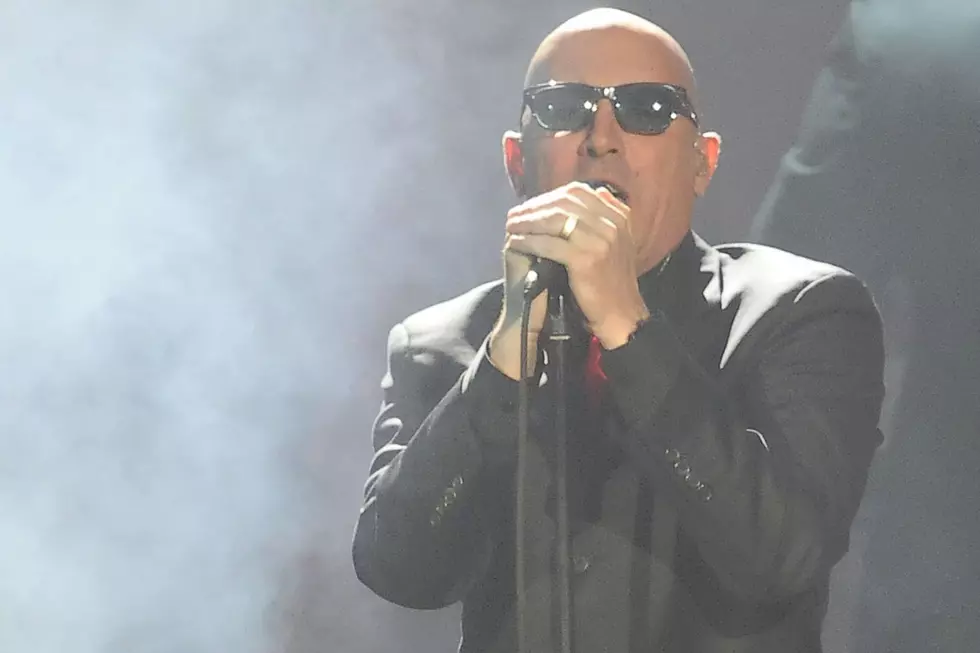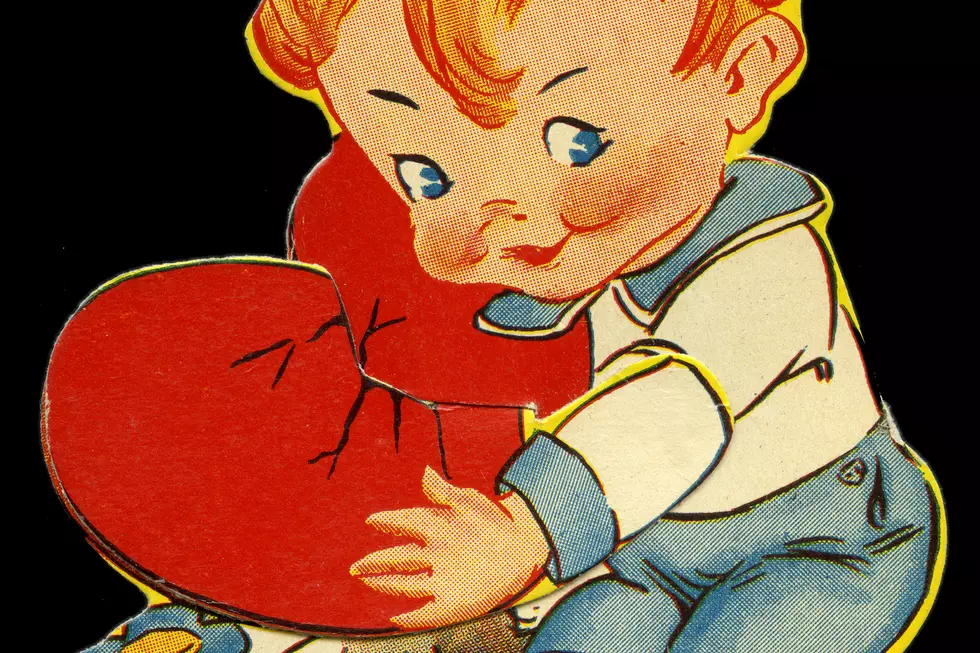
Trentemøller Discusses Latest Album ‘Lost,’ Writing Songs for Other People’s Voices
Anders Trentemøller, or Trentemøller for short, has been widely known in the electronic music scene since the late '90s. His first two albums, 'The Last Resort' (2006) and 'Into the Great Wide Yonder' (2010), were hits in his native Denmark, and they made him a big name all over the world.
In September, the producer, songwriter and multi-instrumentalist released 'Lost,' which critics say marks a break from his traditional approaches to music. Working with the likes of Jana Hunter of Lower Dens, Sune Rose Wagner of the Raveonettes and the Drums' Jonny Pierce, he's managed to pair outside voices with the Trentemøller sound and produce pieces of music that resonate and stay with you.
No stranger to being on the road, Trentemøller has been taking his new album around Europe and will continue the tour in February in Iceland. Before heading out, he chatted with Diffuser.fm about how he writes songs for other people, what he's been up to since 'Into the Great Wide Yonder' and why he decided to change things up with 'Lost.'
A few years passed between 'Into the Great Wide Yonder' and 'Lost.' What have you been up to?
We actually a lot played a lot of gigs after the album ['Into the Great Wide Yonder'] came out. In 2011, we played 150 shows around the world, and in the U.S. also. So, of course, we were busy touring. Then in 2012, I started working on the new album after we finished the world tour. It was pretty much after we did our last show, because I was ready for it. When you're on the road, you don't necessarily have the time and space to let the creativity out. While on the road, I tried to make some music on laptop, but it rarely really works for me because there were all these things going on around me.
How is ‘Lost’ different from ‘Into the Great White Yonder?’
I think it's always hard to compare your albums. It's had to see it from the outside. But I think it sounds really different from my earlier work. This time, there seemed to be more focus on vocals. And because of that, I tried really hard to make really good melodies. We used many instruments like piano and acoustic guitar to form layers of melodies, and then I took those melodies to the studio and worked on them. So that's something that's different from my earlier stuff.
From everything I’ve been reading about the album, ‘Lost’ seems to break the norms of your signature sound. What inspired you to go in this direction?
As an artist, you go through these natural developments, and, of course, my album doesn't sound like the old ones. So progression is happening, but it's not something I plan. It just happens while I am going through the working process. Then about halfway through the working process, I can see which way the album is going, and I can decide what the meaning of the album is and what defines it and what the sound is going to be. And this is something I try not to plan and just let it happen when I'm writing and recording the music.
What was the most memorable part of making the album?
There were several really good parts for me, but one of the things I really, really like when I come up with the melodies and it all just works out. Because most of the time, I'm sitting in front of my upright and just play. Then I would record those with my iPhone. So it's not in the studio or in front of a big computer. Those moments are really great, especially when it's going the right way. And then there was the time when I tried to transform those ideas [from home] in the studio. I was playing the bass line of the piano and then added the melody. Then I started adding another bass line with my Moog synthesizer and then start thinking about who could possibly singing the melody. Then I start thinking of the artists who would be willing to play with me. And because of the fact I work with different singers, that can also change the direction of the music.
What was it like working with Jonny Pierce on 'Never Stop Running?' You have very different musical styles.
It was kind of a challenge to take Jonny out of what he's normally doing, you know, being the lead singer of the Drums. This is one of the more electronic tracks on the album. So it was fun for me try to write him a song that kind of same atmosphere and what was suited for his voice but, on the other hand, was different from what he's normally doing.
Sune Rose Wagner of the Raveonettes and Jana Hunter was the same way. What I do isn't what she's used to, but that can be fun -- taking an artist out their comfort zones and really try to put them in a new universe they are not used to. And Jana was the same way. It's a good way to introduce artists to something new and see what happens.
How did you decide who wanted to collaborate with on this record?
Most of the time, when I'm writing a tune, I usually already have the vocalist in mind. It's that point in the working process where they don't know that I'm actually writing [particularly] for [their voice]. So it is something that comes later in the process -- when I feel that I have strong melody, a good chorus and also a good introduction. Then I start to contact those people who I want to work with me on the album, because I'm big fans of them, too.
More From Diffuser.fm









